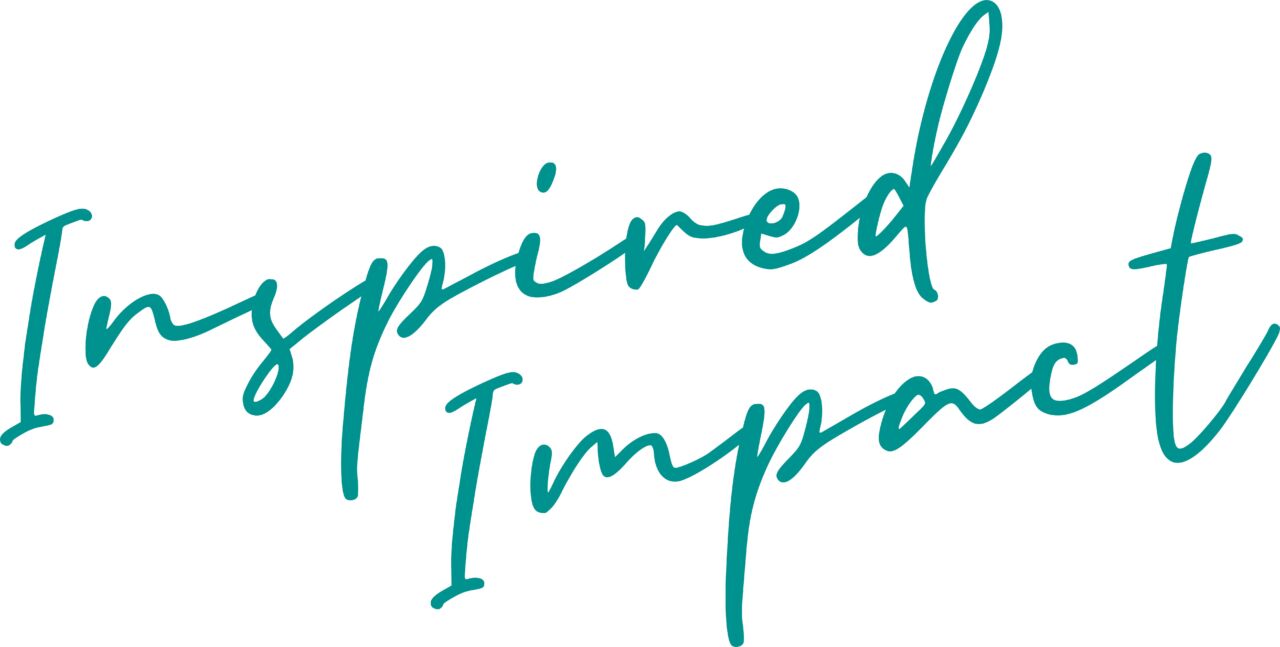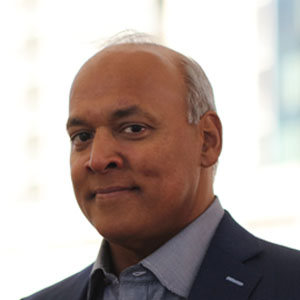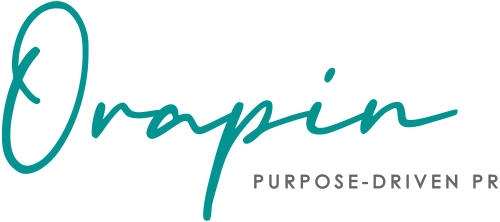
Interviews with purpose-driven leaders who are dedicated to helping others and making a positive impact in the world.
June 29, 2021
Bryon Bhagwandin | Recalibrate Solutions

Bryon Bhagwandin is the Chief Executive Officer of Recalibrate Solutions, PBC headquartered in Denver, Colorado. Follow them on LinkedIn and YouTube and learn more at recalibratesolutions.com.
TELL US, WHO ARE YOU AND WHAT DO YOU DO?
My name is Bryon Bhagwandin and I am the CEO of Recalibrate Solutions. We have created a rapid test for stress health monitoring for children.
HOW DID YOU GET HERE?
I was invited to participate in a venture generator sponsored by a group called 10.10.10, which is 10 CEOs focused on 10 wicked problems over 10 days. I was introduced to the problem of toxic stress, which is the overstimulation of a child’s stress response system in the absence of a healthy buffer. I thought perhaps that’s a problem that I could put some of my expertise towards. After the program, I spoke with the project’s subject matter expert, Dr. Sarah Watamura (who is the chair of the psychology department at the University of Denver), and suggested looking for a biomarker for an over-activated stress system in order to build a test to monitor in real-time. She said she’d been looking at the biomarkers for 15 to 20 years but had no idea how to build a test. I told her I’d spent 15 or 20 years working in medical device development and that’s how the company came to be. She became the co-founder and provides the expertise in child adversity and intervention while I provide the expertise in diagnostic testing and monitoring.

Bryon Bhagwandin is the Chief Executive Officer of Recalibrate Solutions, PBC headquartered in Denver, Colorado. Follow them on LinkedIn and YouTube and learn more at recalibratesolutions.com.
WHAT DO YOU STAND FOR? WHY IS THIS WORK IMPORTANT TO YOU?
I’ve volunteered and spent a lot of time working with the homeless and the poor. After a number of years, I realized there’s a lot of mental illness and a lot of dysfunction with adults in these circumstances so my help may not be sustainable or lasting. Children, however, are without agency so I switched my volunteer work to really focus on children and helping them overcome situations they really have no control of. This work, I think, was a natural extension of my volunteer work into my professional life. That’s probably why it’s so important to me – because children have little or no agency but are completely subject to the environments and circumstances under which they may be damaged.
WHAT IMPACT ARE YOU MAKING?
This term that I use, “toxic stress,” means the unmitigated overstimulation of a child’s stress response system which results from a dysregulation in the stress response. Normally if you’re hiking in the woods and a mountain lion comes across the trail, then all of a sudden your stress response system kicks in and cortisol and adrenaline levels go up. That’s a good thing. After the danger disappears, within about 20 minutes your stress hormones should return to normal. If that doesn’t happen we call that a dysregulated stress system, or dysregulated stress response. Prior to the pandemic, it was estimated that approximately 12 million kids in the United States are suffering from a dysregulated stress system. The problem with children who have dysregulated stress is that it disrupts their brain and immune system development. Currently, we have no objective way to determine which kids are suffering.
Our impact is to try to identify kids whose biology and development are being disrupted because of the dysregulation in their stress. Because this malady has gone unaddressed, there’s an estimated cost to the healthcare system of about $750 billion a year. That doesn’t include the issues around education, learning disabilities, decreased achievement, or consequential mental health issues. It doesn’t address the loss of productivity in the workplace, the criminal justice system, and recidivism that are some consequences as these kids get to be adults.
We know that children who experienced childhood as difficult or stressful grow up to be adults who have a higher susceptibility for a terminal illness, who have a difficult time being productive adults, who are more inclined to be depressed and have mental health problems and disorders. We also know that if we can identify when the stress dysregulation begins to happen, we can change that. That’s where the name Recalibrate Solution came from. We can recalibrate the stress response, and the earlier we know about it the easier that is to do.
WHAT (OR WHO) INSPIRES YOU TO DO THIS WORK?
I have seen the damage done as a consequence of toxic stress that starts in childhood. I’ve seen that play itself out in adults, and I’ve seen how difficult it is to really make a lasting, sustainable difference. We’re not going to be able to change the situation unless we try to see the unseen of what’s going on inside these kids’ bodies, to pay attention and see what’s quietly happening to children. I’m inspired by the need that the children have and believe those of us who do have agency have to look out for them.
WHAT’S YOUR VISION, YOUR BIG DREAM FOR THE IMPACT YOU WANT TO MAKE?
Oftentimes, people listen to what we’re doing and think that what we are trying to create, produce, and sell is a test that tells us who’s got a dysregulated stress system or who’s suffering from toxic stress. While that’s true to some extent, the big picture is we want to incorporate stress health monitoring into our everyday understanding of healthy child development. Currently, when a child goes to a pediatrician for a wellness visit, the pediatrician listens to their heart and their lungs, dilates their eyes, and checks their visual, autonomic nervous system and auditory system. We’ve known for decades that childhood stress is a hugely damaging problem. It starts in childhood, and it goes on through adulthood. Yet, we don’t ever monitor the stress system within children. Our long-term vision is to incorporate stress monitoring into healthy child development. Ultimately, what that looks like is our system in every pediatricians’ office in the country.
WHAT CHALLENGES ARE YOU FACING?
Our single biggest challenge right now is funding. There’s a much more rigorous process that goes into our development effort and a much higher price tag as a medical device startup company than medical software. There’s not a lot of pediatrics venture capital out there. I’m really happy about venture capital going into stress-reducing activities for kids like mindfulness apps, telemedicine to connect kids to therapists, yoga for toddlers but at the end of the day, we have no idea what kind of impact they’re having and if the right people are actually using it. Money’s flowing into those immediate applications but it takes a little longer to develop a medical device.
WHAT’S ONE THING YOU WANT PEOPLE TO KNOW ABOUT YOUR CAUSE AND/OR THE WORK YOU’RE DOING?
In four words, care about the kids. A lot of the issues and problems we have in our society are affecting our children. If we don’t become acutely aware of it and intentionally work to help our children, it’s going to get worse for all of us.
One of the things that attracted me to this problem is the temporal separation between the cause and the effect. It’s the stress that’s happening in the three-year-old that’s causing the 30-year-old to be homeless. It’s the stress that’s happening in the 10-year-old that is causing the 25-year-old to not be able to get a job. Or it’s the consequences of stress and anxiety as early as six months old that results in a lower achievement and an inability to graduate from high school.
I think when people look for problems, they’re not looking back far enough. I would like people to recognize that a big part of social problems in our communities today is a result of early childhood stress and adversity. And a big part of the solution is monitoring stress health in childhood so that those kids can get the help they need.
DO YOU HAVE A FAVORITE QUOTE OR WORDS OF INSPIRATION TO SHARE?
This is such a serious and sobering topic. I live this, I dream this, I breathe this. This is what I do all day, every day and have for years. It’s so weighty. The quote that I think of is from Spider-Man: “With great power comes great responsibility.” I say that to every adult; every adult has superpowers if you compare them to children. That great power means we have a great responsibility.
HOW CAN OTHERS SUPPORT YOU OR YOUR CAUSE?
There are two things. People need to be aware of what’s happening with kids and how that’s going to impact all of us. They need to be calling for stress health monitoring as part of our assessment of child development. The other thing is to anybody who would be interested in making an investment or know someone who may be interested, we are in need of capital. There are a number of individuals out there who I think would love to help kids but they don’t know how. When I was a kid, they published a book called The Millionaire Next Door. There are a lot of those around, I just need to meet them.
At Orapin, we believe those who are working for the greater good should be known, supported, and celebrated. We give do-good businesses an actionable PR strategy and the support they need to bring it to life so they can increase awareness, grow their audience, and expand their impact. If you would like to be featured in INSPIRED IMPACT™, reach out to hello@orapinmarketing.com.

